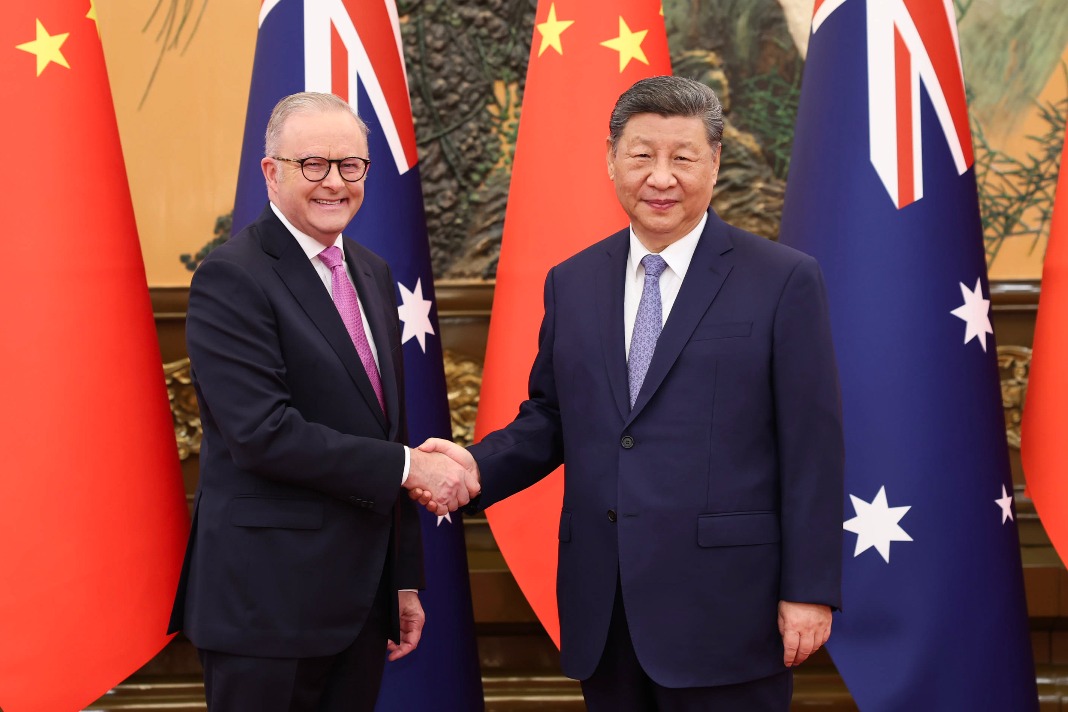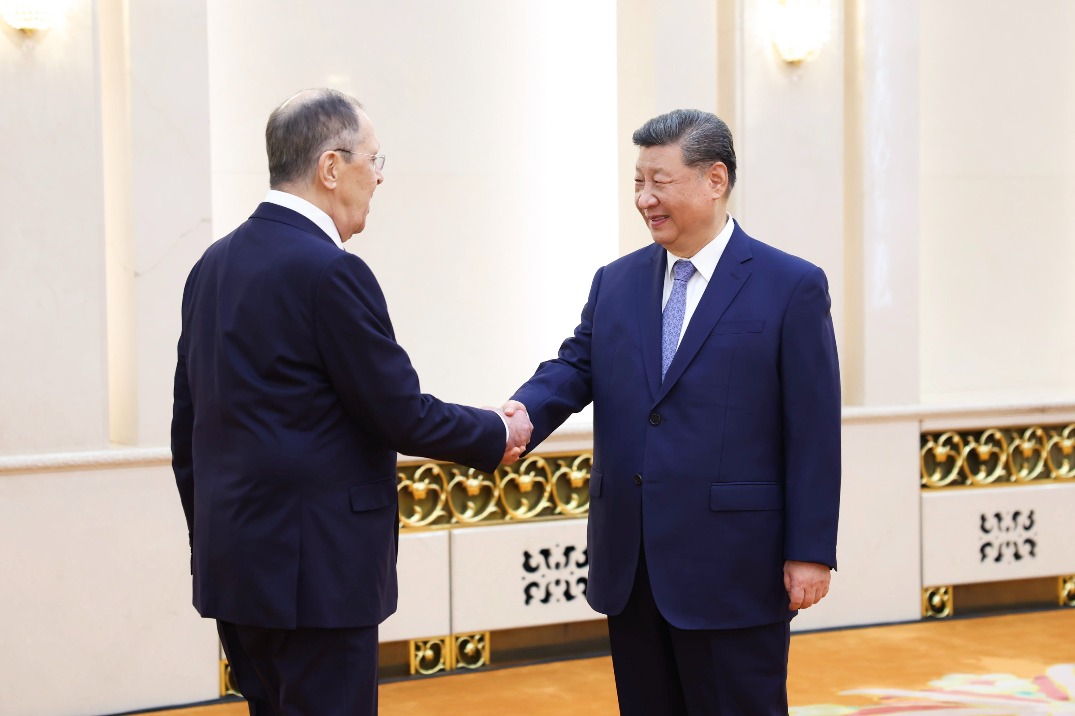Growing trade means Britain cannot decouple from China


According to the United Kingdom's Office of National Statistics in December, China was the only country among the UK's top five trading partners with which bilateral trade in goods increased in the first half of 2020-due mainly to a 17.2 percent increase in goods imported from China.
Also, in the first seven months of 2020, China surpassed the United States to become the European Union's largest trading partner. The total import-export volume between the EU's 27 member states and China was €328.7 billion ($399.99 billion), an increase of about 2.6 percent year-on-year. In fact, China was the EU's largest trading partner in the first three quarters of last year, with a total trade volume of €425.5 billion, up 3 percent year-on-year.
How has China become an increasingly important trade partner of the UK?
First, China met many of the UK's needs, especially because British imports from other countries declined due to the COVID-19 pandemic. In the second quarter of 2020, European countries were struggling to contain the novel coronavirus, and global industrial and supply chains were disrupted.
Besides, the traditional major trading partners of the UK adopted some protectionist trade policies, affecting overall exports to the country.
On the other hand, thanks to its strict pandemic prevention and control measures, China largely contained the virus by the end of the second quarter of 2020 and resumed production and other economic activities much earlier than other economies, which enabled it to meet the emergency needs of the UK and other countries.
Besides, the pandemic led to the rise of "home economy" in the UK, and British citizens' demand for electronics products such as mobile phones and computers from China greatly increased.
China also met the demand of many countries, including the UK, for medicines and medical equipment such as face masks.
According to official data, about 12,000 express trains plied between China and Europe in 2020, an increase of more than 50 percent year-on-year. The goods exported by China included daily products, electronics and medical supplies, which were in high demand in the UK.
Second, the Chinese and British economies are complementary. According to the Office of National Statistics, China enjoys comparative advantage in making most of the products it exported to Britain, such as clothing, furniture and electronics. Among them, electronics equipment made up the largest proportion of British imports from China-more than one out of every three Chinese product exported to the UK was electronics.
Similarly, British exports to China are mostly products in which Britain has a comparative advantage, such as wine, cosmetics and auto parts.
In addition, the British market depends more on Chinese goods than China does on British goods. For example, textiles comprised the tenth largest volume of products China exported to the UK, with Chinese textiles accounting for about one-third of the total global imports.
Third, British imports from China increased because 2020 was the Brexit transitional period for the UK-it had to leave the EU's single market and customs union on Jan 1, 2021, whether or not it reached a free trade agreement with the EU.
During the Brexit transition period, the industrial division of labor and cooperation among the EU countries underwent necessary readjustments and realignment. Britain's trade relations with its traditional European trading partners also changed during the period, prompting it to urgently establish new trade relations with other economies.
Also, since China enjoys great advantages in industrial and supply chains, it became the largest source of imports for the UK after Brexit, and British demand for Chinese products is likely to further increase in the future.
On Jan 22, 2021, the EU released the agreement text for the negotiations on the Sino-EU Comprehensive Agreement on Investment. After the CAI is signed by the two sides and implemented, Britain's trade with European countries could decline further.
And since during the Joe Biden administration in the US-especially in the post-Brexit and post-pandemic era-the global industrial and supply chains are likely to witness further adjustments, the UK should seize the opportunity to strengthen multilateral cooperation with countries around the world and embrace new breakthroughs at the global turning point by strengthening its trade cooperation with China.
The author is an exchange scholar from Royal Holloway, University of London, to China Academy of Belt and Road Initiative of Beijing International Studies University.


































